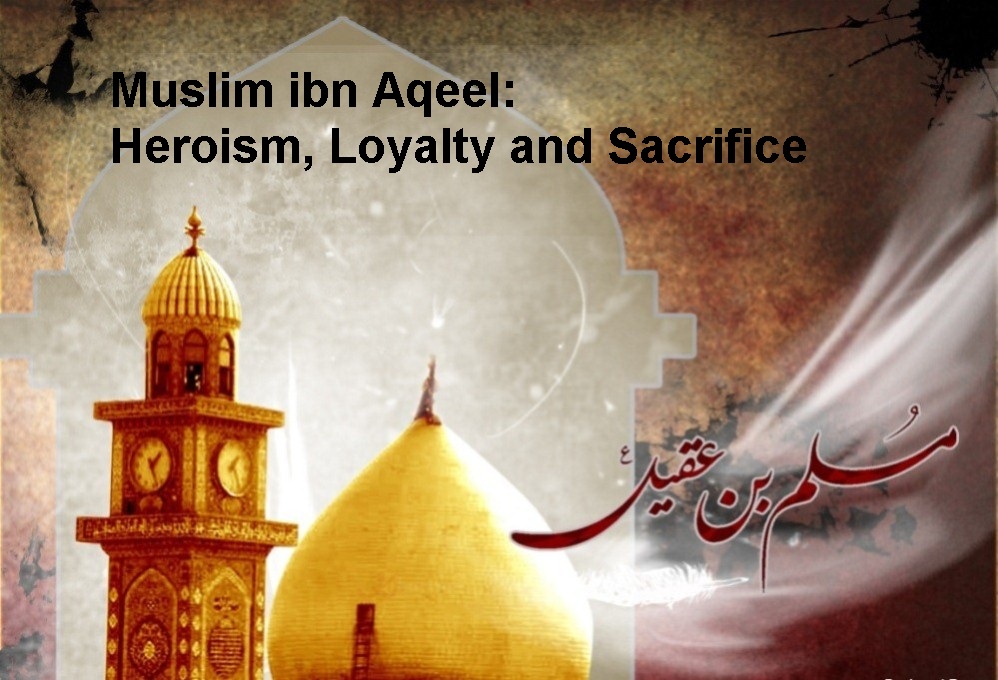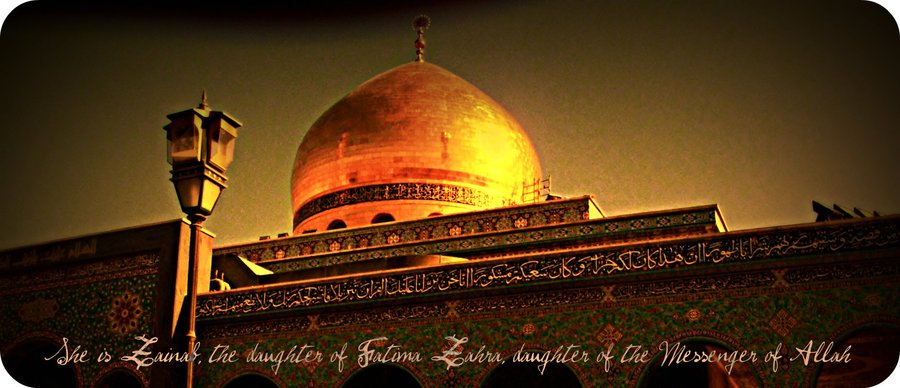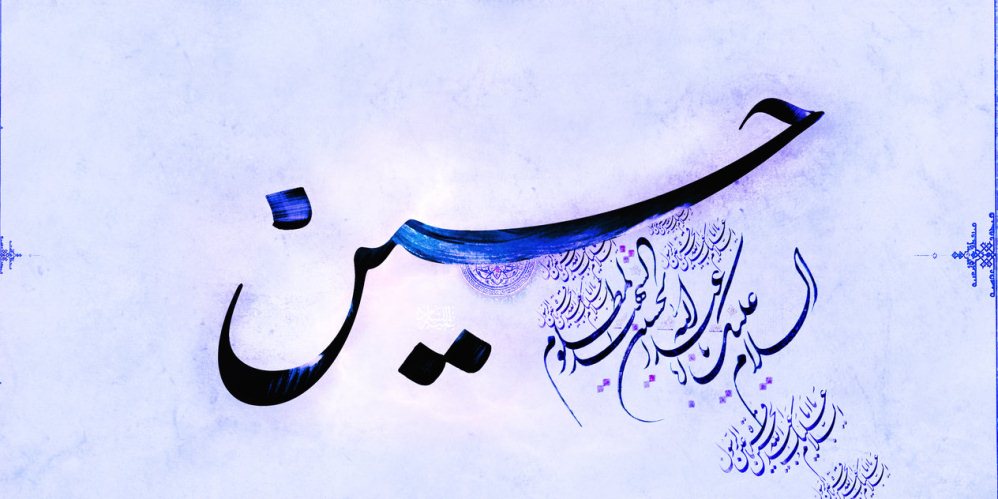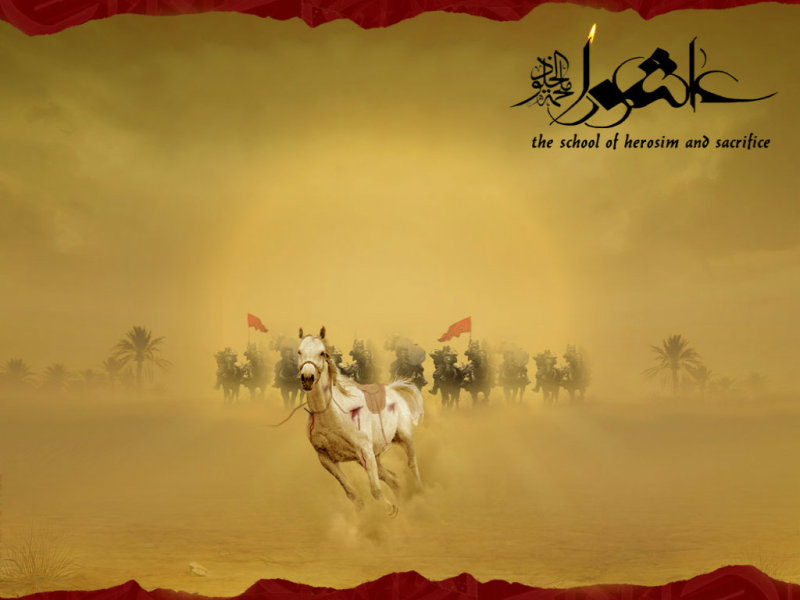Imam Hussein (as)
|
Muslim ibn Aqeel: Heroism, Loyalty and Sacrifice
It is a brief look at the story and martyrdom of Muslim ibn Aqeel the ambassador of Imam Hussein (A) in Kufa, according to the historical sources. |
Zainab: The World’s Most Outstanding Lady
It is a brief introduction to the life of lady Zainab, the granddaughter of the Holy Prophet Mohammad (S), who played a significant role in the event of Ashura. |
A Critical Assessment of Mystical Approach Towards Ashura
This article is a briefly critical assessment of mystical interpretation of the event of Ashura and gnostic approach towards it referring to Abdul QAdir Gilani and Ghazzili’s viewpoints in this regard. |
|
The Main Reasons of Antagonism Towards Ashura
This article is a brief look at the main reasons behind antagonisms toeards Ashura, according to which, since mourning is an arrow targeting Mu'awiyah, his son Yazid and Banu Umayyad, some of the Sunnite scholars and followers of him try their best to prevent people from holding Ashura ceremony. |
Imam Hussein (A) Is Approaching Karbala
Kabala has been teaching, inspiring and motivating freehearted people how to resist tyranny and oppression. Seeking reformation for the society, enjoining what is good and forbidding what is evil are the important causes of Imam Hussein's uprising. |
The Holy Prophet (P) has said: “Surely there exists in the hearts of the believers, with respect to the martyrdom of Hussain, a heat that never subsides.”
 14:24 - 2016/10/01
14:24 - 2016/10/01
|
Peace be on you, O Abu Abdullah!
 14:21 - 2016/10/01
14:21 - 2016/10/01
|
Sunni Prominent Scholars Castigate Ibn Taymiyyah for his Bizarre Opinions (Part 2)
A question arises here: Why does Ibn Teymyyah deny grieving for the deceased and what is his purpose? |









